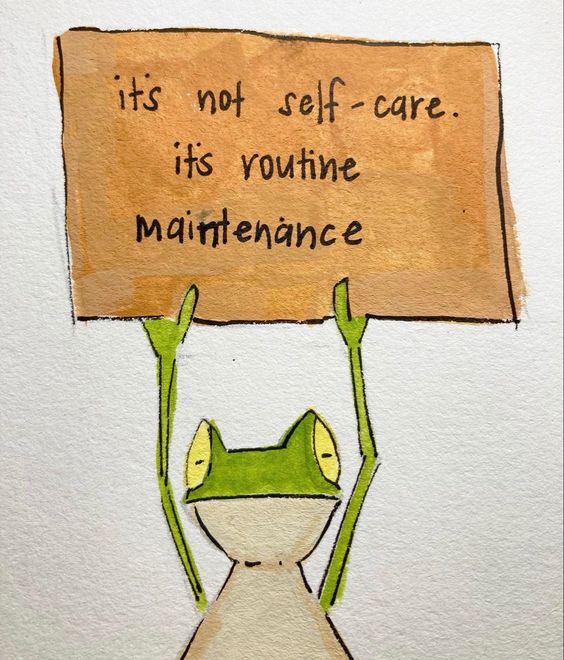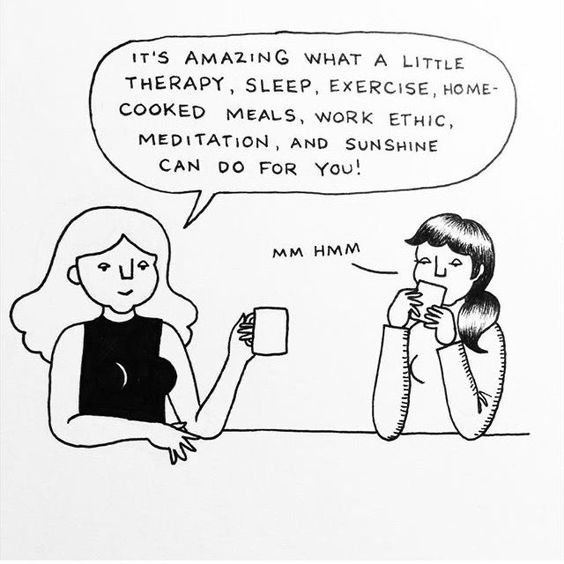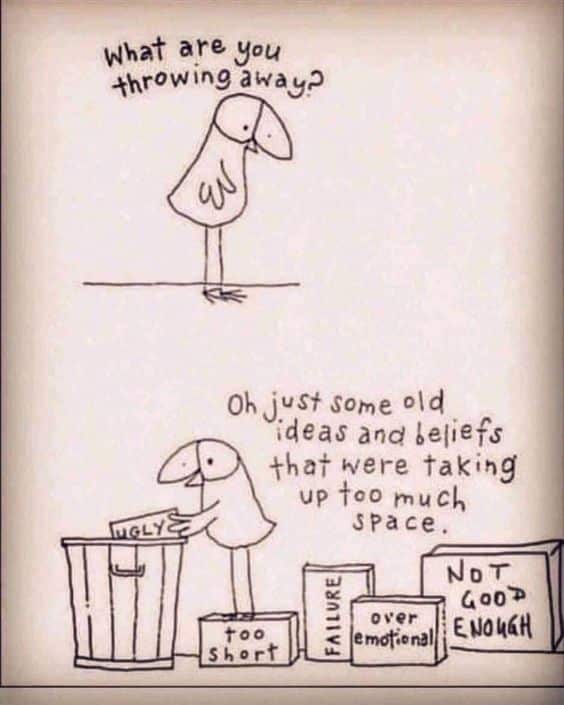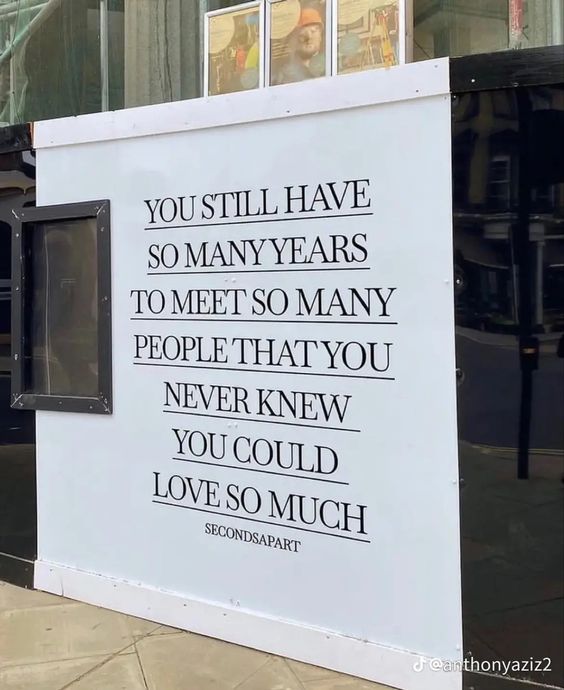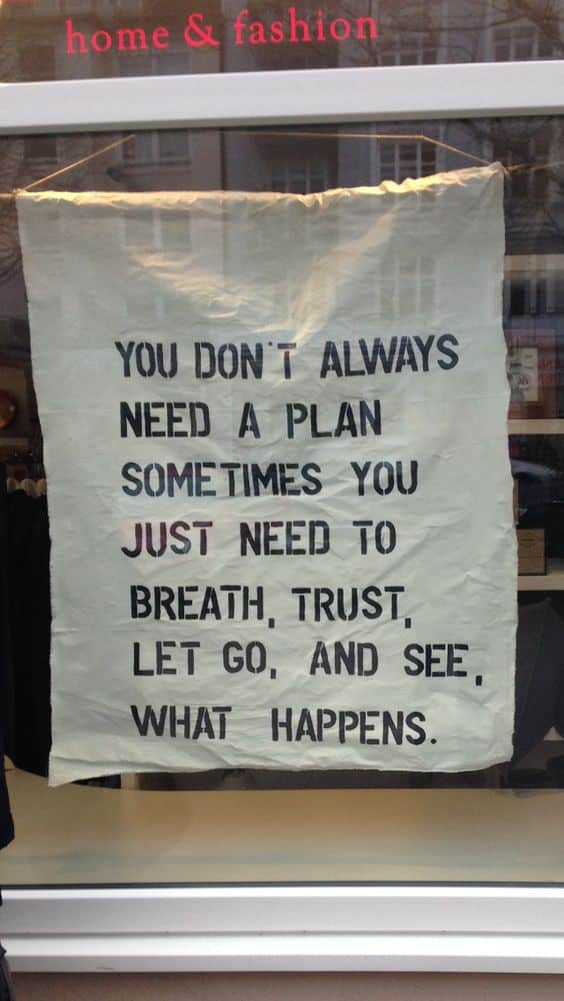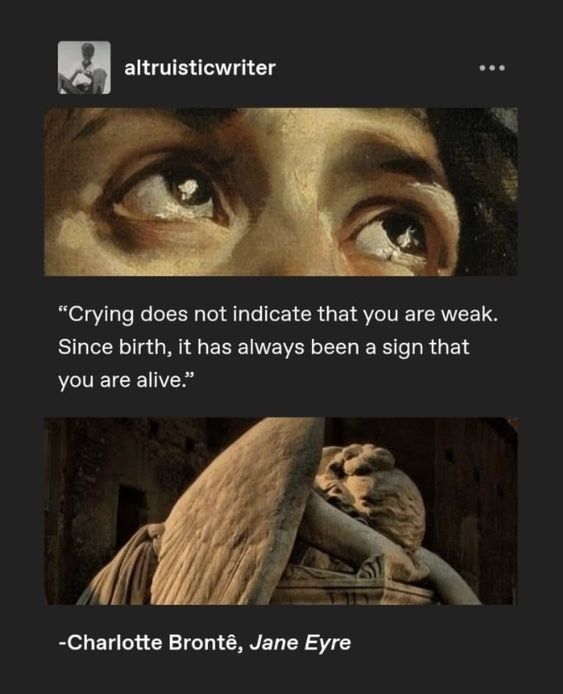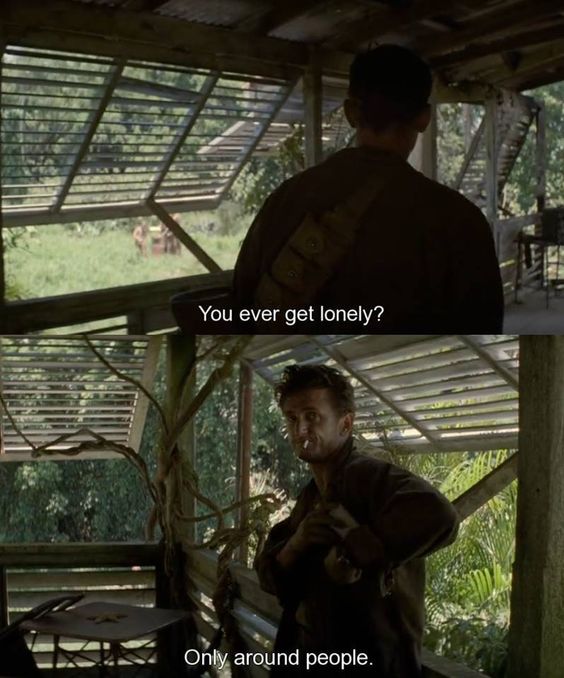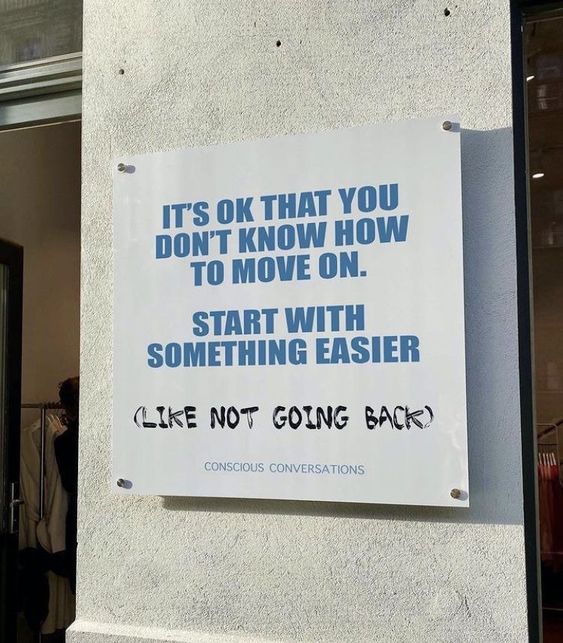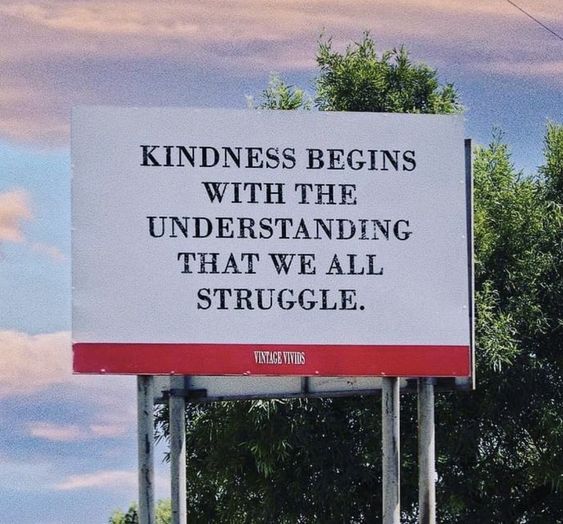“Do not live half a life
and do not die a half death.
If you choose silence,
then be silent.
When you speak,
do so until you are finished.
If you accept,
then express it bluntly.
Do not mask it.
If you refuse
then be clear about it
for an ambiguous refusal
is but a weak acceptance.
Do not accept half a solution
Do not believe half truths
Do not dream half a dream
Do not fantasize about half hopes.
Half the way will get
you nowhere.
You are a whole that exists
to live a life.
Not half a life.”
Khalil Gibran, The Prophet
“While competition certainly makes sense in the world of sports—where at the end of each game somebody wins and somebody loses—there’s no place for competition in the arts. One way to determine whether or not art is ‘successful’ is if it’s original. Ironically, it’s impossible to be original in the arts if you’re competing with another artist, because to compete is to agree you are playing the same game. And so in art, to compete is to lose.”
Cole Schafer
“It’s not too late to get back on track. It doesn’t matter how far you’ve fallen, how harsh the crowd is looking at you, how mad they rightfully are. All you need to focus on is returning to your principles, returning to the worship of reason, returning to the habits and practices and arete that made you great in the first place. This won’t be easy, but it is simple. And it can be quick.”
Ryan Holiday
“Sometimes, I wonder if we hurt others because we feel lonely in our own pain.”
Cole Schafer (January Black), One Minute, Please? (Page 45)
“I couldn’t tell you what I fear
more. Spending the rest of my life
with just one person. Or, never
finding one person I want to spend
the rest of my life with.”
Cole Schafer (January Black), One Minute, Please? (Page 43)
“How to talk to people.
1. Listen.
2. Look them in the eyes (I struggle here).
3. Set your phone on silent & leave it face down on the table.
4. Don’t make small talk (everyone knows it’s cold).
5. Listen.
6. Don’t agree just for the sake of agreeing.
7. Don’t disagree just for the sake of disagreeing.
8. Listen.
9. Say something interesting.
10. Leave them better than you found them.
11. Listen.”
Cole Schafer (January Black), One Minute, Please? (Page 39)
“When you hate someone,
be certain you’re hating them,
not the fabricated version of them
you’ve created in your head.”
Cole Schafer (January Black), One Minute, Please? (Page 29)
“When you talk to people whose worlds are burning down you keep your voice quiet, steady, still and consistent. Your voice controls the energy in the room and in many ways it controls the emotions of the individual in front of you.”
Eugene, via One Minute, Please? (Page 25)
“When we remember that the people we stumble
into on a day-to-day basis are all
just works-in-progress, it gives us permission to have
greater patience, compassion and love towards
them. Not unlike ourselves, they’re trying to pilot
the plane while they build it. They’re learning as they
go. Failing more often than succeeding.
And, at times, finding themselves desperately
close to giving up. If we have one single
responsibility as humans, it’s to love (or at the
very least respect) one another through this
work-in-progress. It’s being empathetic
to the fact that nobody is exactly who they want to be,
nor where they want to be, but they’re working
like hell to get there.”
Cole Schafer (January Black), One Minute, Please? (Page 21)
“Most of what we see today in this virtual world we play in is not self-love but self-obsession. Men and women throw a mask on it and call it self-love, but it’s not. When you love yourself, that light shines through, it beams out of you penetrating into the hearts and minds of others, inspiring them to love themselves too. When you’re obsessed with yourself, you produce no light, only darkness. Self-obsessed people want the world darker so they can burn brighter. To put it in less abstract terms, when someone stumbles into you (be it in the physical or virtual world) will they leave feeling fuller, stronger, lovelier? Or, will they leave feeling less? That is the fundamental difference between self-love and self-obsession. Those who love themselves show others how to love themselves too.”
Cole Schafer (January Black), One Minute, Please? (Page 5)

